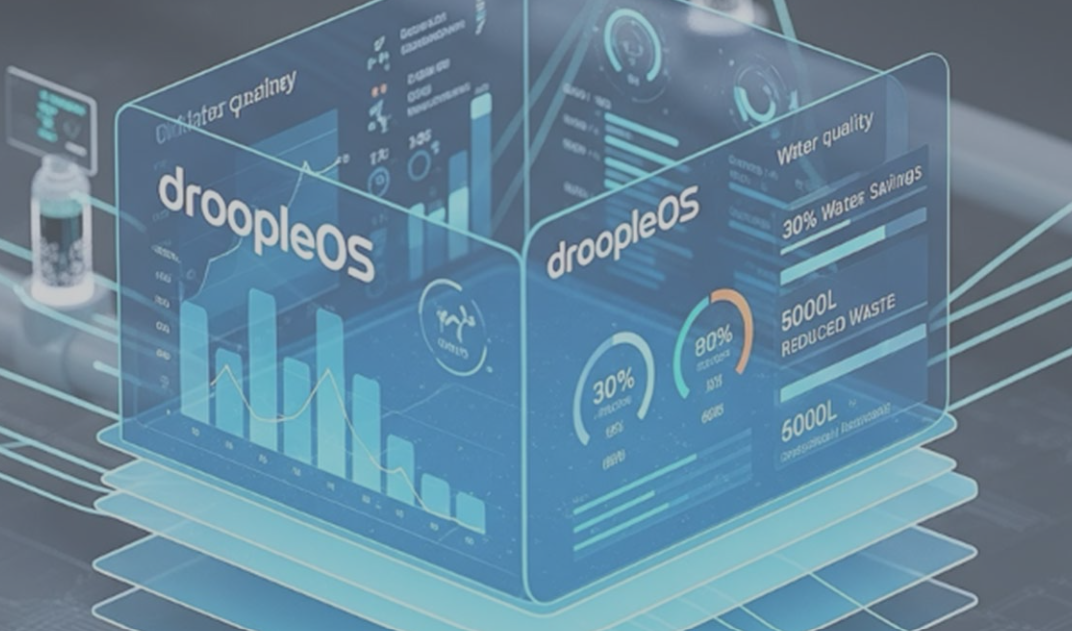The Blue City Project
The Blue City project is a transdisciplinary consortium aiming to map a city’s multi-layered, interconnected flows and design a responsive urban “Digital Twin” for the digitally transformed, post-pandemic world. The goal is to integrate Artificial Intelligence with data-rich representations, allowing this open platform to assist citizens with evidence-based, collective decisions to improve urban wellbeing, sustainability, resilience, and ecological value.

Cities are home to most of the world’s population, and major contributors to issues from pollution to the climate crisis. 90% of COVID-19 cases occurred in urban areas due to high concentration of activities and interactions, showing drastic shifts in society, and a lack of data-driven tools for effective response.
The Blue City project is a transdisciplinary consortium aiming to map a city’s multi-layered, interconnected flows and design a responsive urban “Digital Twin” for the digitally transformed, post-pandemic world. The goal is to integrate Artificial Intelligence with data-rich representations, allowing this open platform to assist citizens with evidence-based, collective decisions to improve urban wellbeing, sustainability, resilience, and ecological value.
Such a platform could revolutionize the industry, lay foundations for startups and spin-offs along the real estate, design, and city management value chain, and establish Switzerland as a leader in innovative city planning and retrofitting.
Future Sustainable Territories, Infrastructure and Cities (FUSTIC) was founded by EPFL and ENAC to promote the societal and ecological transition by championing research in digital technology and sustainable cities, regions and infrastructure. Fusic has helped at building the consortium and connecting the the partners coming from the academia, public and private sectors.
FINANCE
- 4 years project 2022-2025
- 4,883 Mio CHF (2,735Mio cash from Innosuisse + 2,098Mio cash and in-kind from public/private partners)
FINAL GOAL
The ultimate goal of developing an open-source platform will involve mapping, visualization, and networking infrastructure. Maintenance will be a crucial and complex issue to tackle so as to ensure the perpetuation and continued development of the platform beyond the scope of the flagship. Thus, establishment of the Blue Cities Foundation [BCF] will occur concurrently with the later stages of design and development. Based at the host institution of EPFL, the foundation’s goal will be to maintain and nurture the open-source platform once the flagship concludes, and ensure its promotion and perpetuation in subsequent research and development, whether in academia or industry.
Project team:
Professor Jeffrey Huang, EPFL LDM
École polytechnique fédérale de Lausanne, EPFL
Media and Design Laboratory, LDM
Laboratory of Human-Environment Relations in Urban Systems, HERUS
Decentralized and Distributed Systems Lab, DEDIS
Artificial Intelligence Laboratory, LIA
Plant Ecology Research Laboratory, PERL
Urban Transport Systems Laboratory, LUTS
Structural Xploration Lab, SXL
ENAC-IT4Research, ENAC-IT4R
University of Applied Sciences and Arts of Southern Switzerlan, SUPSI
Laboratorio cultura visiva, LCV
Eidgenössische Technische Hochschule Zürich
Institute of Environmental Engineering, IfU
University of Applied Sciences Western Switzerland, HES-SO Valais
Institute of Sustainable Energy, ISE
Non-academic partners
Ville de Lausanne, Romande Energie, BG Consulting Engineers, PostLogistics Ltd. (Swiss Post), AFRY, Helvetia Environnement, Sparrow, Droople, Agropole SA
Login at https://app.droople.com with the credentials you received. Welcome to your Water Intelligence Platform!
All Gateways are using a LoRa network, but we will discuss together the technical specificities of the place you are equipping to adapt our offer between a 4G, Wifi or Ethernet gateway. More on our Support page
You can find help here.
For more, visit the Droople Support page to access the DIY videos and Quick Start Guides based on your product.
Each Droople iLink has a unique QR Code. Scanning takes you to configure it to a new or existing "asset". After configuration and use of your tap, you already have access to your metrics. For detailed instructions, you can find videos and tutorials on our Support page: https://droople.readme.io/
Our Support page can be found here https://droople.readme.io.
Our Technical Specifications here.
If you need any other assistance, please contact us here






